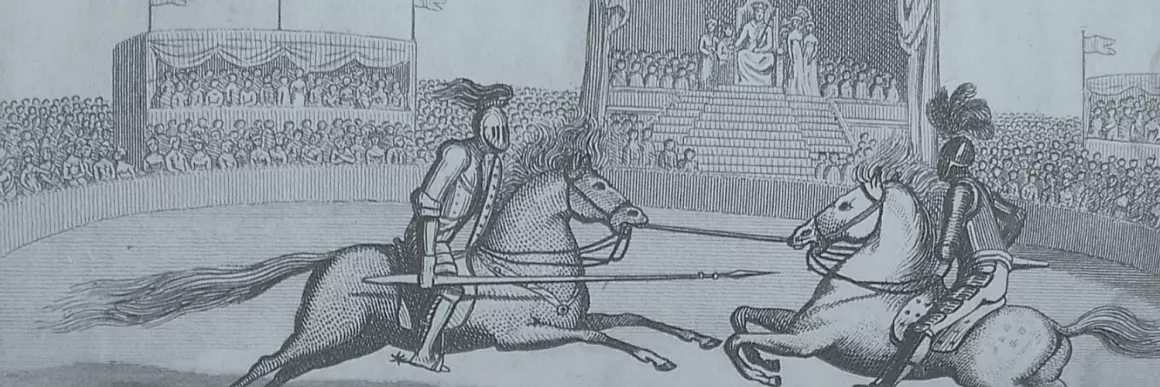This project has been motivated by two central questions: first, why would Godwin—anarchist philosopher, political advocate, and successful novelist and dramatist—decide in the middle of his career to pseudonymously author, publish, and sell children's books? Second, what is the relationship between Godwin's children's books and his other writings?
Introduction: The Radical Aesop: William Godwin and the Juvenile Library, 1805-1825
Suzanne L. Barnett, Katherine Bennett GustafsonExcerpt:
This project has been motivated by two central questions: first, why would Godwin—anarchist philosopher, political advocate, and successful novelist and dramatist—decide in the middle of his career to pseudonymously author, publish, and sell children's books? Second, what is the relationship between Godwin's children's books and his other writings?
Excerpt:
ENCOURAGED by the general acceptance which my Fables, Ancient and Modern, have found with the public, I have been excited to try how far a similar mode of familiar and playful writing might be successfully applied in the composition of History. Too long have books, designed for the instruction of children, been written in a dry and repulsive style, which the patience and perseverance of our maturer years would scarcely enable us to conquer.
Excerpt:
This is the second installment of a complete critical edition of Godwin’s ten contributions to his Juvenile Library. It makes available for the first time since 1824 the first text that Godwin both authored and published under his own imprint, Fables Ancient and Modern. Adapted for the Use of Children from Three to Eight Years of Age (1805), along with a comprehensive introduction and extensive notes by the editors.
About
Originally Published Date: 1806
Godwin's The History of England © 2024 by Suzanne L. Barnett, Katherine Bennett Gustafson, Jared McGeough, and Romantic Circles is licensed under CC BY-NC-ND 4.0

